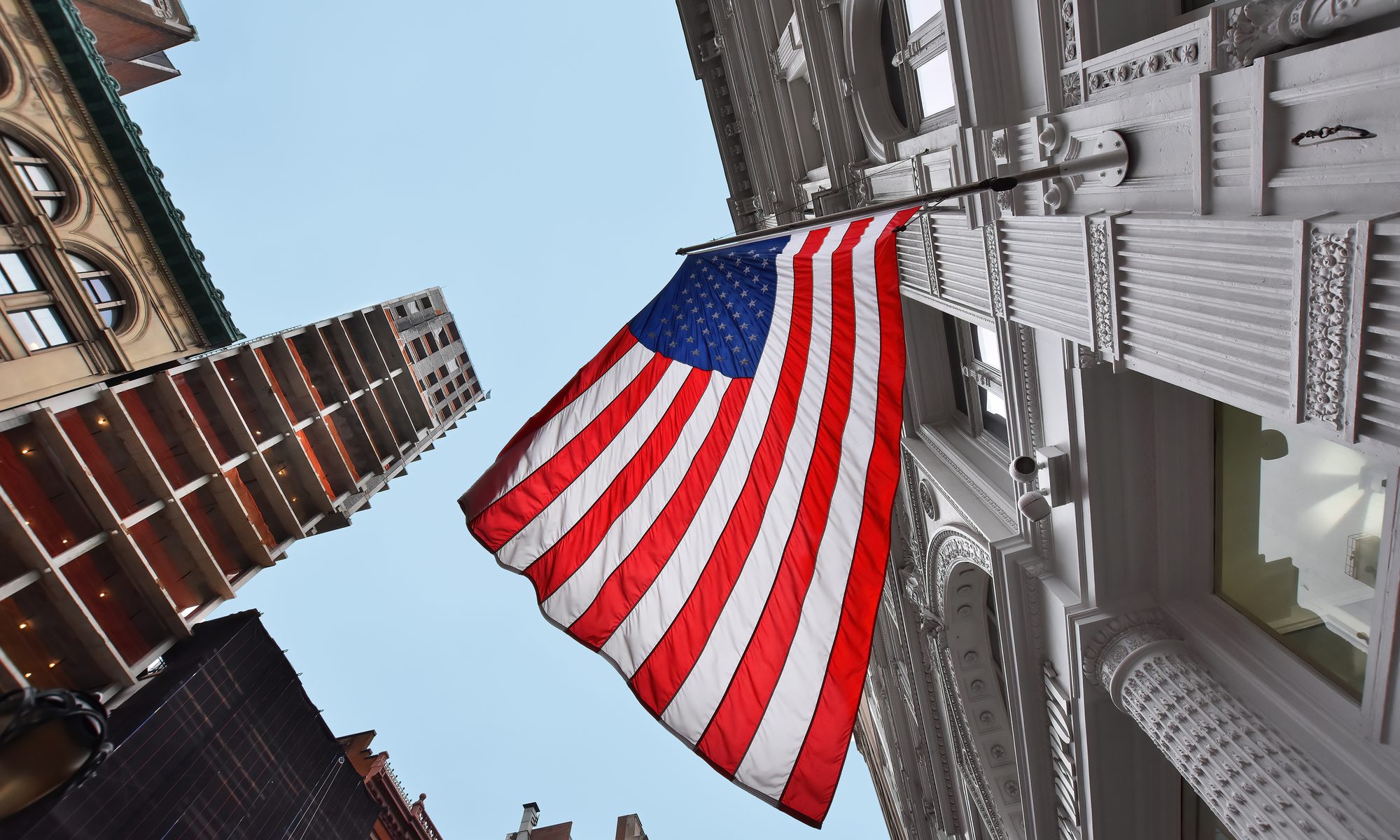As I write this, former President Donald J. Trump is returning to Florida after appearing at Manhattan Criminal Courthouse for his arraignment. He has been charged with 34 felony accounts of falsifying business records to conceal his alleged criminal activities. However, this is not the sole source of Trump’s legal troubles. He is also the subject of several other criminal investigations regarding storing highly classified documents at his Mar-a-Lago home, tampering in the 2020 Georgia state election, and his role in the January 6th insurrection.
Prosecuting former world leaders is nothing new. Former French presidents Jacques Chirac and Nicolas Sarkozy have each separately been found guilty of corruption. South Africa’s former president Jacob Zuma was charged with corruption in 2021. In 2013, Italy’s Silvio Berlusconi was convicted of paying an underage girl for sex (which was overturned on appeal) and, in 2014, was given community service for tax fraud. South Korea has convicted five former leaders for various crimes, including Park Geun-hye, for bribery and abuse of power in 2018, Lee Myung-bak for bribery in 2018, and Chun Doo-hwan for mutiny, treason, and corruption in 2017. However, indicting a former leader is a novelty for the United States. No other U.S. president has faced criminal charges, although Watergate brought Nixon close.
Democrats and those on the left side of American politics, like Chuck Schumer, Dick Durbin, and Jason Crow, have said that, despite its unprecedented nature, the indictment is an example of the U.S. legal system working as it should – no one, not even a former president, is above the law, and when evidence is found of wrongdoing, the consequences must be applied without fear or favor.
For Republicans and those falling to the right side of the political spectrum, including those who identify as diehard Trump supporters, the whole thing is politically motivated and, at its worst, an effort to subvert the democratic process. Trump himself has railed against both Alvin Bragg, the Manhattan District Attorney, and Juan Merchan, the judge handling the case. Marjorie Taylor Greene has said the indictment shows that the Democrats have become a party of violence and compared Trump to Jesus and Nelson Mandela. Ron DeSantis said that the charges are a weaponization of the legal system. And Kevin McCarthy said Bragg has “irreparably damaged our country in an attempt to interfere in our Presidential election.”
However, what McCarthy’s comment means is a little obscure. Why is this damaging for the U.S.? As outlined, other countries have no problem punishing their former leaders for wrongdoing. Indeed, if we take a broader view of populaces penalizing their leaders, jail is a relatively light load. For the extremes of such retributivism, we only need to look at France’s 18th-century revolution and the fates of Louis XVI, Marie Antoinette and Louis Philippe (spoiler, they were guillotined). So, what makes this historical phase in American history so seemingly damaging, at least according to McCarthy and others?
Beyond any inherent political maneuvering to gain favor and influence, I would posit that the idea underpinning this claim is one that many of us will be familiar with – American exceptionalism.
According to this idea, the U.S. is unlike other countries because it is simply better. Something about the intermeshing of political, social, religious, economic, and legal systems makes America the best country on the planet, one which other countries aspire to but always fail to match. The idea has become so ingrained in U.S. political culture that it is a necessary trait for presidents. Ronald Reagan told audiences that he had “always believed that there was some divine plan that placed this great continent between two oceans to be sought out by those who were possessed of an abiding love of freedom and a special kind of courage.” George W. Bush said that Americans “have a calling from beyond the stars to stand for freedom,” invoking some existential, even divine, purpose. And, when politicians hint that the U.S. might not be as exceptional as others indicate, they run into trouble, as Barack Obama did when, while not even refuting American exceptionalism, he said it was no different from British or Greek exceptionalism.
This is why the indictment has caused such an uproar, especially amongst Trump supporters. He built his political brand on the idea that America is the world’s best country and should put itself first. To say that a former U.S. president is fallible, even criminal, is to directly challenge that idea of America being exceptional. If the reality is that America must charge its former leaders for crimes like corruption, election interference, insurrection, or anything else, then it has to acknowledge that it is just like any other country. Not exceptional, but as imperfect as France, South Africa, South Korea, or any other. It is to accept that the U.S. isn’t God’s chosen country but simply another one among them all. If this applies to the country as a whole, it seems it also applies to those who make up the country. If America isn’t an exceptional country, then Americans aren’t exceptional people but just like everyone else, which might be a hard pill to swallow. Worst still, they elect presidents, those persons who they feel best embody what it is America is and should be, and these living symbols themselves turn out to be just as flawed as any Tom, Dick, or Harry.
How should we respond, then? Should the visage of exceptionalism not be challenged? Indeed, do critics of the government do some terrible damage to the fabric of society when they highlight such painful truths?
I would say, in fact, the opposite. Letting a government, or those embodying its institutions, enact their will free of critical eyes allows such persons and systems to run rampant of the constraints it needs to be both effective and just. Power and the powerful have a tendency for self-propagation. The rich get richer, and the poor get poorer. If this trend is to be reversed, if equality and fairness are to be achieved, then the powerful can’t be left in the hopes that they will do it because, as history shows, they simply don’t.
Unflinching dedication to a country, cause, or even a former U.S. president, is not a loyalty that we should cheer but a failure to be excised. As the abolitionist Frederick Douglass wrote:
I am one of those who think the best friend of a nation is he who most faithfully rebukes her for her sins—and he her worst enemy, who, under the specious and popular garb of patriotism, seeks to excuse, palliate, and defend them.
Trump has a loyal band of devotees, both in and outside the political arena. So, I suspect these charges will do little to dampen his political ambitions or his followers’ dedication. Indeed, since news of the indictment broke, Trump’s raised over $8M. Nevertheless, blind loyalty is bad for a democracy’s health. While the motivations behind Trump’s legal issues may have a political tinge, the fact that charges have been brought against him is not a sign of America falling into oblivion. Challenging the powerful and holding the mighty to account – be they individuals, systems, or institutions – is what a healthy democracy not only does, but should, aim for.
It’s unclear if Trump will face any repercussions for his alleged wrongdoings. But what is clear is that contrary to his most ferocious supporters, challenging him isn’t treachery, it’s what is required to be the nation’s best friend.



